Global Warming is Melting Away Arctic Summer Ice
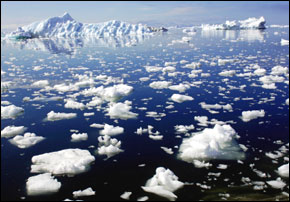 Within 20 years the Arctic Ocean will be ice free in summer due to global warming, according to a Catlin Arctic-World Wildlife Federation (WWF) survey released Wednesday.
Within 20 years the Arctic Ocean will be ice free in summer due to global warming, according to a Catlin Arctic-World Wildlife Federation (WWF) survey released Wednesday.
This new data sheds light on an unsettling trend of thinning ice in the Arctic.
Ice floes, masses of frozen saltwater, in this region were once thicker and more melt-resistant, according to measurements by a British Royal Navy submarine in 2007.
The Catlin Arctic Survey sampled 450 kilometers of sea ice in the northern portion of the Beaufort Sea. The survey found ice floes in this region to be 1.8 meters thick. Ice this thick is known as “first year” ice, which means it was formed during this past winter, and is more vulnerable to summer heat.
According to a leading sea ice expert, this melting causes a negative domino effect on polar systems.
“The more you lose, the more open water is created, the more warming goes on in that open water during the summer, the less ice forms in the winter, the more melt there is the following summer. It becomes a breakdown process where everything ends up accelerating until it’s all gone,” said University of Cambridge Professor Peter Wadhams, according to Voice of America News Thursday.
Wadhams, who analyzed the results of the survey, also said that much of the melting will happen within the next 10 years.
Sea ice is a critical habitat for large, charismatic mammals such as polar bears and various seal species, and for overarching ecosystem functions. It also provides habitat for algae, the foundation of many polar food webs, according to Wood’s Hole Oceanographic Institute.
When primary producers, like algae, are removed from an ecosystem the consequences can be catastrophic.
Dr. Martin Sommerkorn of the WWF International Arctic Program said without Arctic Sea ice, the world will be “dramatically warmer” and “amplify the consequences of global warming,” Reuters reported this week.
“This could lead to flooding affecting one quarter of the world’s population, substantial increases in greenhouse gas emissions from massive carbon pools, and extreme global weather changes.”
Source: Reuters


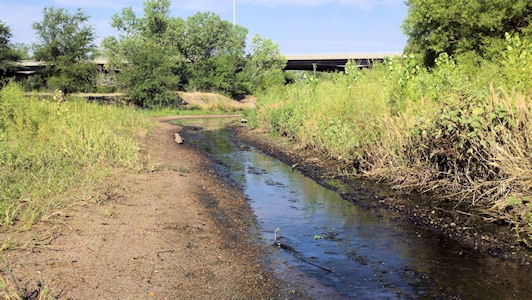
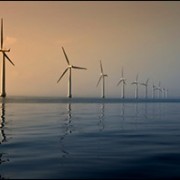
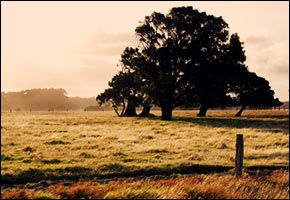
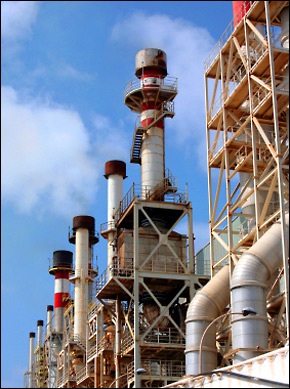



your news awesome i like the way you ellaborate your news and give infront of people.